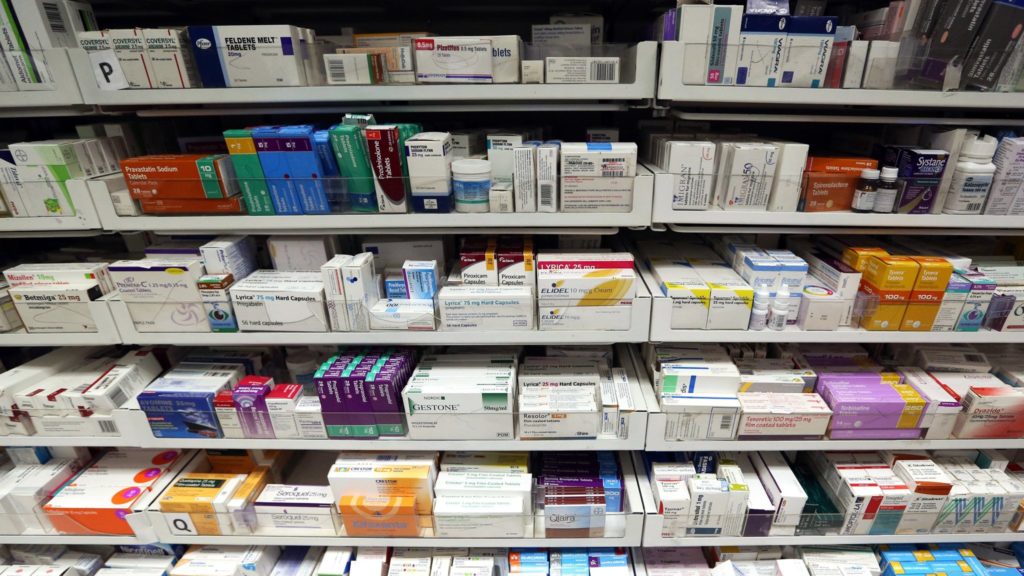The Department of Financial and Professional Regulation issued guidance this week on how physicians and pharmacists should handle prescriptions of medications potentially tied to COVID-19 treatment, responding to concerns that some doctors have been stockpiling the drugs by writing prescriptions for themselves and family members.
“We wish to reassure the public that we take any allegations of unprofessional prescribing seriously and may levy discipline, up to revocation of their license, against any prescriber found to be in violation of their practice act,” the department said.
Illinois’ guidance comes as states like Nevada, Oklahoma, North Carolina, and Texas have issued emergency restrictions or guidelines on how drugs including hydroxychloroquine can be dispensed at pharmacies.
The medications, typically used to treat malaria, have caught the attention of President Donald Trump, who has repeatedly said they could be used to treat the virus. The Centers for Disease Control and Prevention and other healthcare groups have noted there is no known cure for COVID-19.
The Illinois Pharmacists Association told Health News Illinois in a statement they were glad to see the state issue further clarification.
“(The association) would have liked to see stronger recommendations like those in other states, but are content in that the department considers this an important public health issue and the need to set forth expectations of behavior,” they said.
In a statement to Health News Illinois, the Illinois State Medical Society said they encourage all prescribers “to follow the guidelines and information coming from the FDA and CDC when prescribing these medications.”
Illinois Pharmacists Association Executive Director Garth Reynolds told Health News Illinois earlier this month that their members have seen an uptick of prescriptions being filled for such drugs. Members were reminded to look over the prescriptions to ensure there was a valid diagnosis for patients, he said.
“I think pharmacies are doing what they can to protect their supply to make sure that their current patients have the medication that they need,” Reynolds said.
Samantha Olds Frey, executive director of the Illinois Association of Medicaid Health Plans, said that their members have seen shortages of some of the medications for their patients.
While some patients can call around and find pharmacies that have the medication on hand, Olds Frey said some Medicaid patients simply cannot go to other pharmacies outside their communities.
“With this rush on these medications, we’re really worried about Medicaid members,” she said.
Health News Illinois is removing the password on all stories related to the coronavirus. For the latest developments follow us on Twitter at @healthnewsil or check out our website. For complete healthcare coverage, sign up for a free trial to our daily email newsletter.
